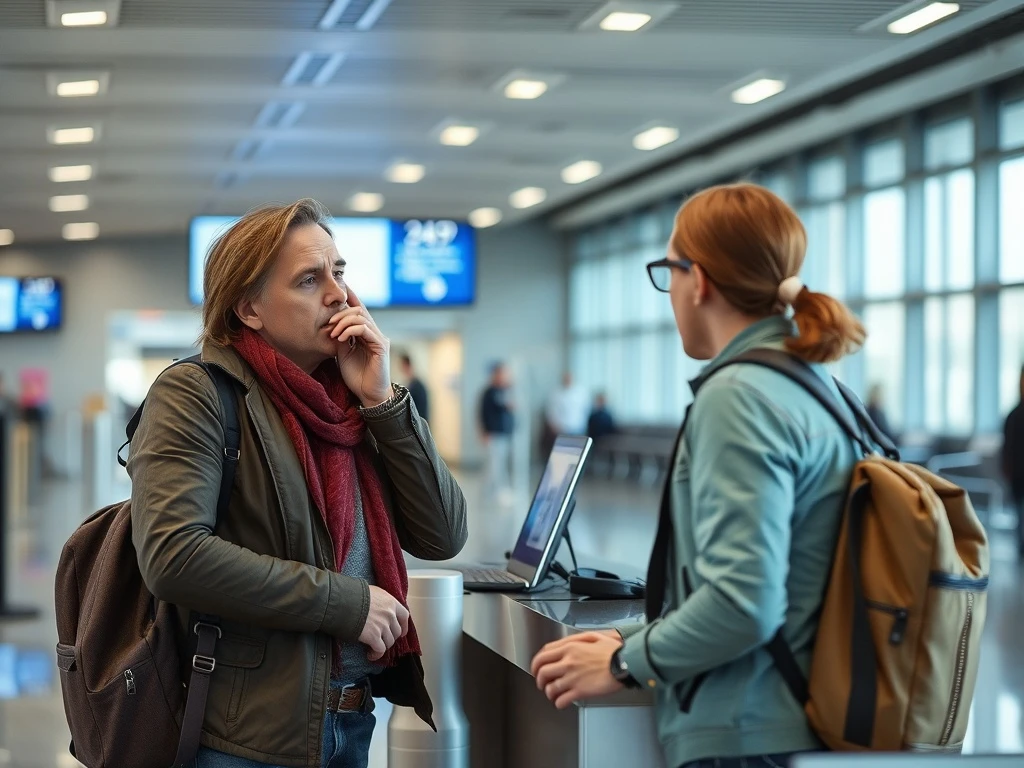Travelers facing flight disruptions now encounter significantly tougher challenges when seeking airline refunds due to recent policy changes. The Trump administration’s regulatory shifts have fundamentally altered passenger compensation rights.
Understanding the New Airline Refunds Landscape
Recent policy modifications have transformed how airlines handle passenger compensation. Consequently, consumers must navigate a more complex refund process. Airlines now possess greater discretion when denying reimbursement requests.
Key Changes Affecting Passenger Rights
Several critical adjustments impact travel protections. Firstly, airlines gained expanded grounds for refusal. Secondly, documentation requirements increased substantially. Thirdly, response timelines extended noticeably.
Major policy shifts include:
- Reduced mandatory compensation scenarios
- Extended processing periods for claims
- Stricter evidence requirements
- Limited circumstances for automatic refunds
Practical Implications for Travelers
Passengers now face heightened challenges when flights change or cancel. Airlines can more easily deny refund requests for schedule modifications. Weather-related disruptions provide particularly strong justification for denial.
Navigating the New Refund Process
Travelers should adopt specific strategies to improve success rates. Comprehensive documentation becomes essential under the updated rules. Immediate communication with airline representatives proves crucial.
Effective approaches include:
- Recording all flight change notifications
- Maintaining detailed travel documentation
- Understanding specific airline policies
- Utilizing credit card protections
Consumer Protection Alternatives
Despite regulatory changes, passengers retain certain protections. Credit card companies often provide additional coverage. Travel insurance policies may offer supplementary compensation options.
Future Outlook for Airline Regulations
Industry experts anticipate continued regulatory evolution. Consumer advocacy groups actively challenge recent changes. Potential future administrations might revisit these policies.
Frequently Asked Questions
What specific changes did the Trump administration make to airline refund policies?
The administration reduced mandatory refund scenarios and extended processing timelines. Airlines gained broader discretion to deny compensation requests.
How can passengers improve their chances of receiving refunds under the new rules?
Travelers should document everything meticulously and communicate promptly. Understanding specific airline policies remains crucial for success.
Do these changes affect international flight refunds differently?
International flights follow different regulations. However, many airlines apply similar standards across their operations.
What timeframes do airlines now have to process refund requests?
Processing periods extended significantly under the new guidelines. Some carriers now take up to 90 days for resolution.
Are there any exceptions where airlines must still provide automatic refunds?
Limited exceptions exist for extreme circumstances. However, most scenarios now allow airline discretion.
How do these changes affect travel insurance coverage?
Travel insurance remains unaffected but becomes more valuable. Policies continue covering scenarios airlines might deny.






